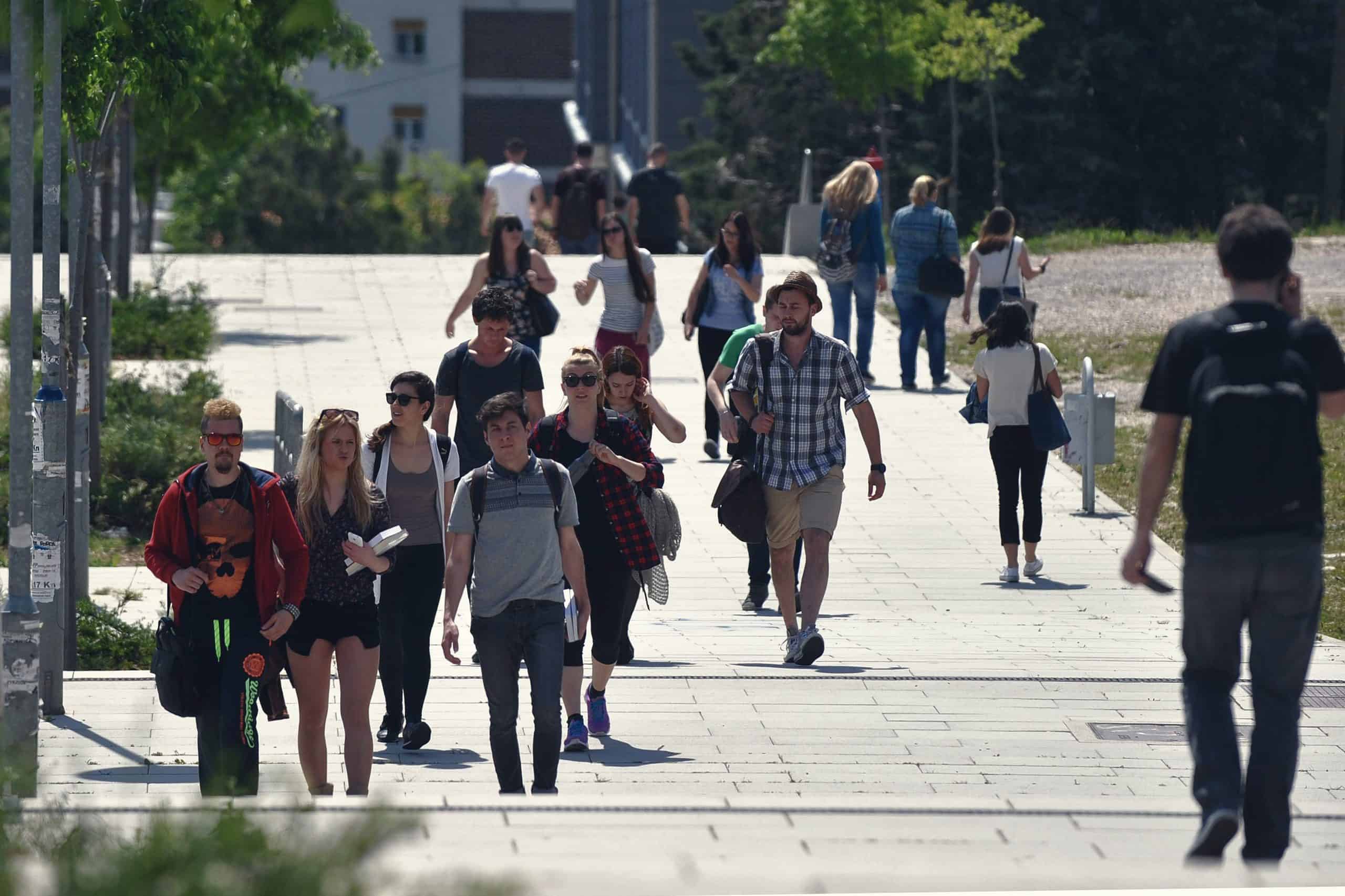The policy makers and leaders in Croatian higher education place significant emphasis upon institutional autonomy. In turn, this strengthens the focus on greater accountability in the higher education community, including how institutions better serve the societal and economic needs of the country. Other priorities, also emphasized in the recent national strategy for science and higher education, include building excellence in both teaching and research. Achieving these vital national goals in higher education requires academic leadership that possesses a high level of professionalism and competence in the governance and strategic management of complex institutions. In the last decade, this need for the development of professional management skills of university leaders and managers has also been widely recognized as a priority across European higher education.
While Croatian higher education institutions have developed considerable excellence in the teaching and research domains, the management capacities among academic leaders and administrators, especially in public universities, are weak or generally lacking. Strategic management in the modern university requires a background in various elements of organizational understanding across a spectrum of essential areas of knowledge; from basic finance to the preparation of appropriate strategic management questions for institutional research analysis.
The HEISEE initiative aims to build this capacity among the current and aspiring leaders of the academic community in the region of Southeastern Europe. This goal will be achieved through expanding the Initiative’s collaborative model, utilizing carefully constituted partnerships with other countries, and bringing international experts to teach in the University of Rijeka’s newly developed LLL program . HEISEE will also continue to convene the information-sharing sessions on topics such as change management strategies, student services, faculty affairs, finance, and institutional research. In addition to the U.S. and Croatian participants, the university leaders, professors, and administrators from neighboring countries—such as Bosnia and Herzegovina, Serbia and Slovenia—have participated in these sessions.

